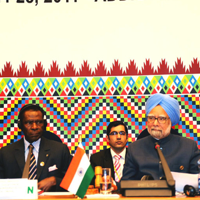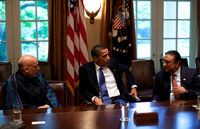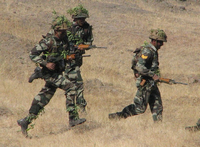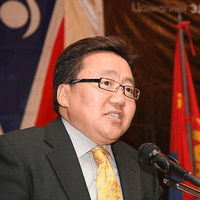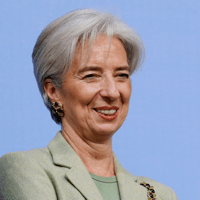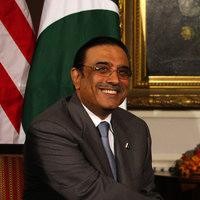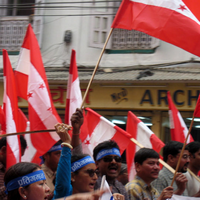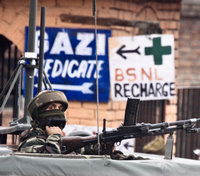
With the global spotlight unwaveringly focused on the momentous changes in the Arab world, subtle shifts taking place in another strife-torn Muslim-majority region in Asia have escaped the world’s attention. Jammu and Kashmir, the object of a longstanding territorial dispute between India and Pakistan, has been ravaged for the past two decades by a violent, Pakistan-backed Islamist insurgency that has exploited popular grievances among Kashmiris. But almost a year after turmoil in urban Kashmir led to the deaths of 112 unarmed civilians in police actions last summer, the situation has been completely peaceful this year. But there is more to […]

